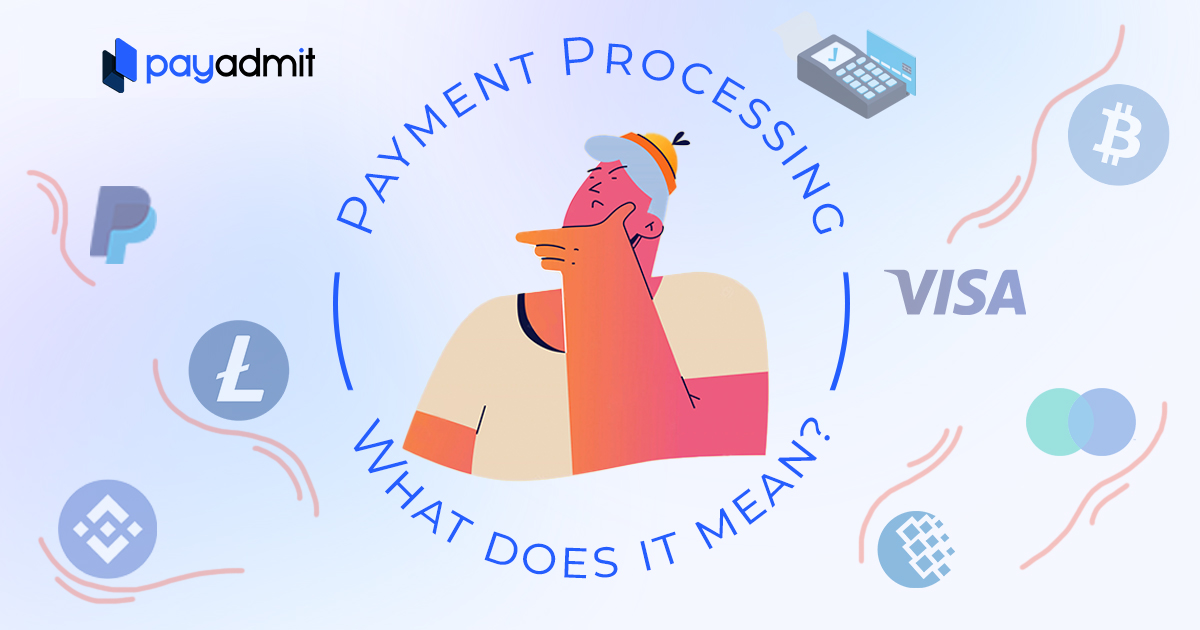What is Recurring Billing? Definition, Advantages, and Models
Recurring billing is a payment model that allows business owners to receive payments at regular intervals. For example, customers may pay once a month, once every six months, or once a year.
This method is often used by companies providing subscription services. When the customer subscribes, they provide the payment service details and allow the corresponding amount to be debited once in a certain period.
Such payments can be divided into two categories:
- Fixed payment.
- Variable payment.
Fixed payment
With a fixed payment, the same amount is debited from the client's account in each billing cycle. This option is best suited for companies that provide services at a fixed price. For example, for a gym or a subscription to the media. Fixed billing provides a stable profit for the company and good prospects for additional sales.
Variable billing
With variable billing, the amount that is debited from the client's account may change. At the same time, the use of a particular service by the client is tracked. Based on this information, a dynamic bill is generated for each cycle.
Benefits of recurring invoices
Recurring charges have become widespread among businesses. This solution has a number of important advantages, including:
- Predicted income. A business can make relatively accurate revenue forecasts for certain periods.
- Convenience for the client. With regular billing, the client does not need to enter their account and pay on their own. The amount is simply deducted from their account. Thus, the client will not forget to pay for the subscription.
- Minimal risk of delay in payment. Invoices are issued automatically and paid immediately. A delay in payment can only occur if the client does not have enough funds. However, as a rule, this situation is quickly corrected.
The key advantage of this solution is the complete automation of the process. No manual intervention by the client or the company is required. The client subscribes once and can unsubscribe at any time. But while the client is signed, the money is debited from their account automatically.





